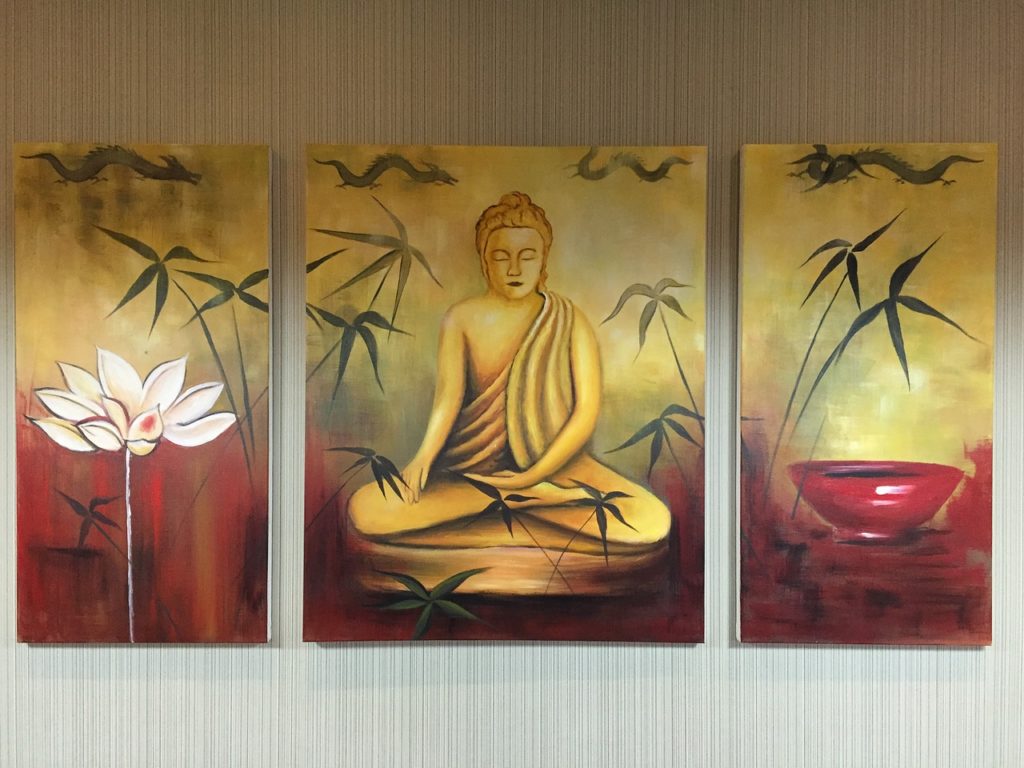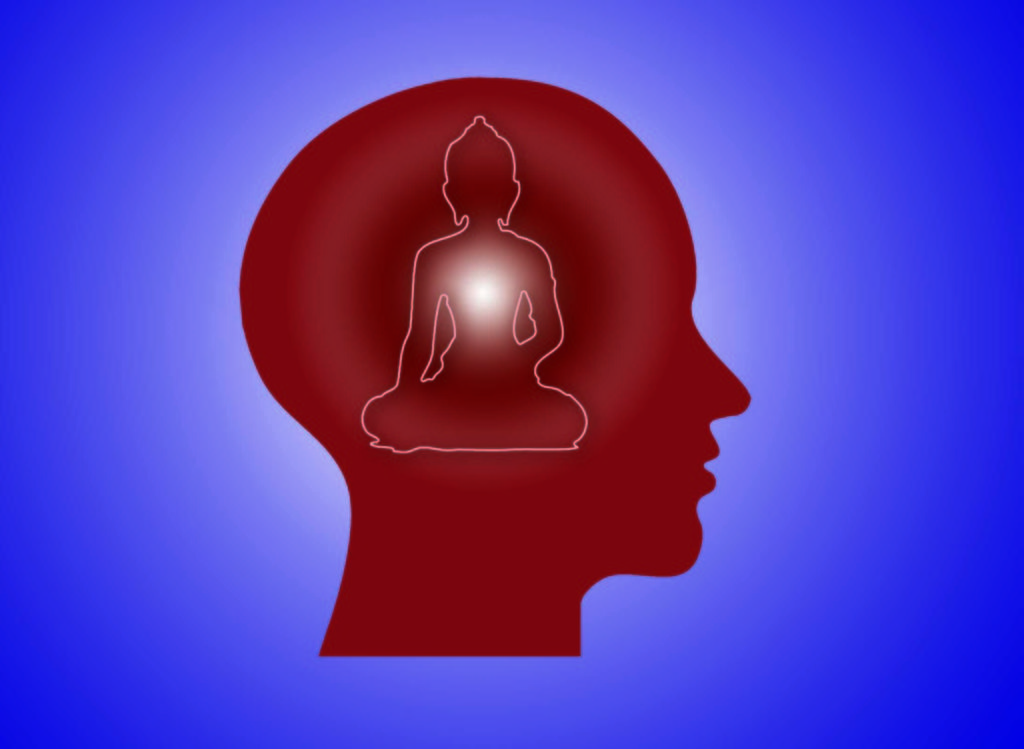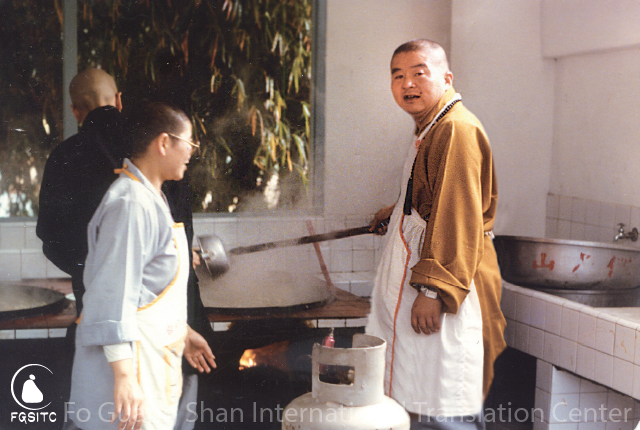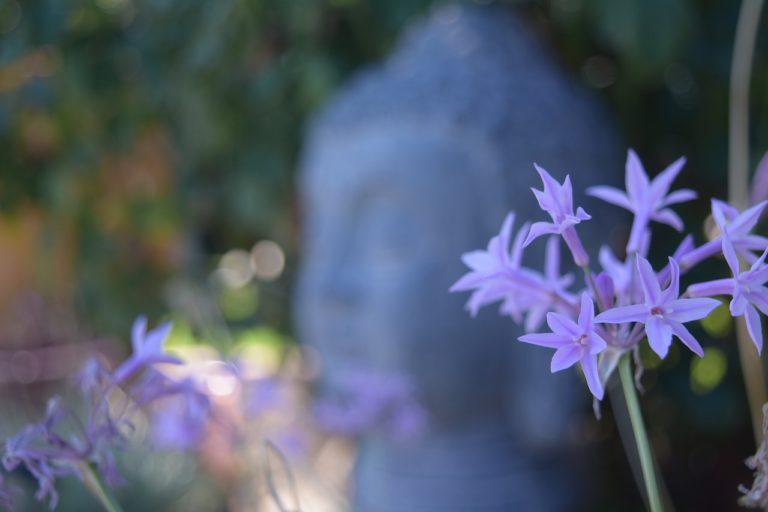
Music gives us the capacity to express deep emotions. Whether through holy hymns or chants of praise, music is capable of uplifting the mind to an almost sublime state. As such, it has a significant role in the promotion of religion.
All Buddhas and bodhisattvas are very skilled in utilizing music to teach the Dharma and guide sentient beings to enlightenment.
Music has a very important function and a wide range of applications in religions across the world. Music is also mentioned throughout Buddhist writings. The Amitabha Sutra says that heavenly singing and chanting can be heard in the Pure Land, as mandarava flowers softly rain down from the sky. In the Pure Land, one can always hear birds making beautiful, harmonious music. Animated by a gentle breeze, the movements of jewel trees ring out in melodious chords, as if thousands of gentle tunes are being performed in harmony. Upon hearing their song, those present naturally recollect the Buddha, the Dharma, and the Sangha.
In Buddhism, singing the texts of sutras and praising the virtues of the Buddhas in song have attracted and purified the minds of countless disciples. In one Buddhist text, the Great Perfection of Wisdom Treatise, it is said that “For bodhisattvas to purify the Buddha land, they seek out beautiful music, wishing that sentient beings in that land can hear the music and soften their hearts, making them easier to transform. This is why music is given as an offering to the Buddha.” In addition to propagating the Dharma, Buddhist music has long been used in weddings, funerals, and other such ceremonies. In this way, Buddhist music plays an integral role in common cultural practices. Venerable Master Taixu once said,
“Music allows the people of a society to communicate their moods and feelings to each other.
If someone plays a tune, it is simple for those listening to understand what mood that person is trying to convey. For society to achieve harmony, it is essential to be able to understand each other’s feelings and establish a sense of unity. This is one of the important functions of music.”
The capacity of music to capture people’s attention, touch them deeply, and tug at their heartstrings makes it one of the most beautiful forms of human expression.
Life in modern-day society can be very taxing and quite stressful. Many have a hard time finding spiritual refuge and lose themselves. However, the pristine sounds of Buddhist music provide a way to convey the higher spiritual states mentioned in the teachings to enrich and re-energize the mind. Buddhist melodies are characterized as being strong, but not fierce; soft, but not weak; pure, but not dry; still, but not slow, able to help purify the minds of listeners.
By using music to teach the Dharma and liberate sentient beings, we can overcome the boundaries of time and distance, as well as transcend the differences between cultures and nations.
Music can help promote Buddhism and spread the wisdom and loving-kindness of the Buddhas and bodhisattvas across every corner of the globe.
Modern Buddhist music seeks to bring harmony into our everyday lives, and to purify, educate, and transform the mind to bring our emotions in line with the Dharma. Modern media and communication technology is constantly improving. We need to use it efficiently to bring Buddhist music to as many people as possible. We need to use music to break through the barriers of culture, custom, and language. By using equipment such as folk instruments, video technology, electronic organs, pianos, and other musical instruments, we can create music that suits the tastes and needs of people around the world.
The following are five guiding principles to further modernize and popularize Buddhist music:
- Buddhist music should not be limited to temples and monastics, but it should be played to everyone.
- Buddhist music should be more than just classical verses and prayers. We should continue to create new song after new song.
- Those trying to promote Buddhism should utilize music, for music can bring many sentient beings to Buddhism.
- Buddhists should form bands, choirs, orchestras, classical music troupes, and other such groups to spread and teach the Dharma through music.
- We should wish that, from this point forward in Buddhist history there are more and more Buddhist musicians as great as Asvaghosa Bodhisattva and Venerable Master Hongyi.
In addition to the defining techniques and styles of ceremonial Buddhist music, we can begin to mix the solemn spirit of Buddhist melodies with some of the qualities of contemporary music, taking the modernization of Buddhist music to a whole new level.
From Buddhism and Music, written by Venerable Master Hsing Yun.











